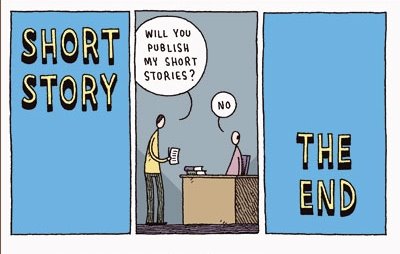 Wherein I prove that I'm not frightened of MacArthur fellows.
Wherein I prove that I'm not frightened of MacArthur fellows.It's an established fact that Adichie once lived in the same house as Chinua Achebe -- though not at the same time. It was a mere coincidence, said Adichie; in the small Nigerian academic community, these sorts of things were bound to happen. Achebe had moved out, and Adichie's family moved in. At the time, she didn't realize who Achebe was: she was not yet ten and was more excited to have a balcony and a staircase than to soak in whatever writerly vibes inhabit a place after an author has left it. Maybe it's like a light left on in the attic. Or mold that grows on the inside of walls. In any case, Adichie didn't realize the significance, she said, until the publication of her first book, when her editor apparently was flabbergasted by the news. I imagine the exchange as going:
"I used to live in Chinua Achebe's house."
"OMFG!"
"He had terrible choice in wallpaper."
I wonder how much children grasp the concept of a book as a physical entity, as a fetish object. Thinking back to my own childhood, books were merely the place where stories resided. Nowadays, I see books as having heft and weight and white space and clever cover designs. The words inside--who cares about those anymore?
At the Adichie reading, I encountered into my "signing buddy," Matt, whom I see regularly at the Philadelphia Free Library Events (also the photographer of Adichie and me above). He's like the book dealers I used to see at readings elsewhere, coming to readings with backpacks laden down with ARCs and dust jackets tenderly wrapped in acid-free plastic covers. But instead of simply getting a signature to bump up the resale value, Matt has the authors inscribe the books to his children, Caleb, Brigid, and now Colleen. That evening, Caleb had come with Matt, hanging on his father's arm and being shy. He was halfway through the sixth Harry Potter book, in preparation for the movie later this summer. He had listened intently for the last hour and a half and looked forward to getting some ice cream afterwards. His opinion on Adichie: "She was all right." When he grows up, he and his sisters are going to have an impressive library, courtesy of his father: all these carefully protected books; stories that jump out at them; their names in black marker on the inside, as if to say This was especially written for you.
I can't think of a better inheritance.


